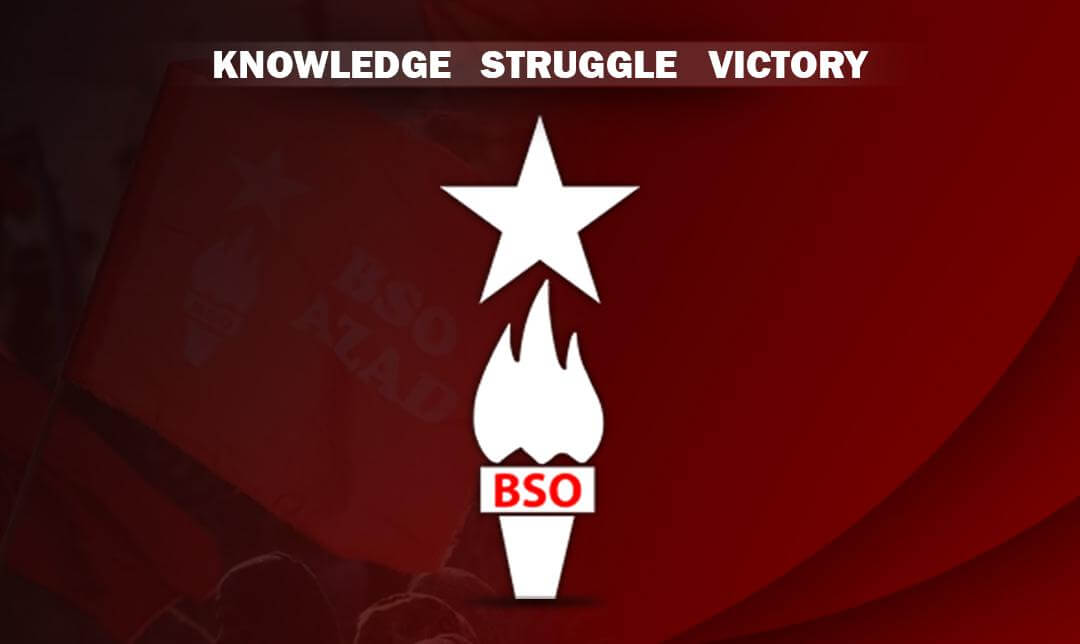Yousuf Aziz Magsi: A Visionary Leader in the Fight for Baloch Nationalism
Yousuf Aziz Magsi, revered as the embodiment of modern Baloch Nationalism, utilized his writing, poetry, and relentless struggle to advocate for the recognition of the Baloch people as a vibrant nation with a distinct cultural heritage, rich history, and deeply ingrained values. He dedicated himself to persuading the British colonialists and other global powers of Balochistan’s living nationhood. Magsi played a pivotal role in mobilizing the Baloch nation to resist the unlawful occupation of Baloch land by the British occupiers and their local collaborators. Yousuf Aziz Magsi, despite holding the esteemed position of a tribal chief, made a conscious choice to actively engage in the struggle for Balochistan’s freedom against British colonialism. His resolute stance became evident when he faced a one-year imprisonment and detention by the British authorities for his article titled “Balochistan’s Lament.” In this influential piece, Magsi passionately urged the Baloch Nation to unite and combat the exploitation and enslavement imposed by foreign forces. His unwavering commitment to the cause led Magsi to assume the presidency of Anjuman-E-Ithihada Balochan, a prominent organization dedicated to advancing Baloch interests. Recognizing the power of media, he generously financed numerous newspapers to shed light on the Baloch issue and amplify their demand for independence.
Magsi’s efforts extended beyond the written word. After his release from jail, he organized the groundbreaking “All India Baloch Conference” in Jacobabad, Balochistan, in 1932. The conference served as a platform to spotlight the grievances of the Baloch Nation and raise awareness about the adverse impacts of British colonialism on their lives. Yousuf Aziz Magsi’s multifaceted contributions as a writer, political activist, and organizer exemplify his unwavering dedication to the cause of Balochistan’s freedom, leaving an indelible mark on the history of Baloch Nationalism. Born in 1908 to Kaiser Ali Khan Magsi in the Jhal Magsi region of Balochistan, Yousuf Aziz Magsi emerged as a remarkable figure. From an early age, he immersed himself in the study of Arabic and Persian, expanding his linguistic repertoire to include English and other local and international languages during his college years. This period coincided with the widespread persecution of the Baloch people by British invaders across Balochistan, exposing Magsi to the atrocities inflicted upon his fellow Baloch. As Magsi delved deeper into the history, culture, and values of the Baloch community, he became increasingly convinced of the need to fight for their rights. Witnessing the deliberate targeting of Baloch individuals based on their national identity, he embarked on a passionate lobbying campaign for an independent Balochistan. To realize this vision, Magsi embarked on mobilizing the Baloch masses, urging them to partake in an armed struggle against the foreign invaders who sought to subjugate their land.
Magsi’s dedication to the cause of Baloch independence and his ability to galvanize the Baloch people in their fight against foreign aggression exemplify his unwavering commitment to his people’s rights and the preservation of their national identity. Yousuf Aziz Magsi, driven by his nationalist ideology and a resolute vision for an independent Balochistan, emerged as a leading figure in mobilizing the masses against British colonialism on Baloch soil. Despite his higher education and return from England, he was tragically cut short in his efforts when he lost his life in the devastating Balochistan earthquake on May 31, 1935, alongside thousands of others. Although Magsi was unable to see his armed front materialize, his ideological comrades in the Anjuman-E-Ithihada Balochan continued his struggle until Balochistan achieved independence from British rule on August 11, 1947. However, the Baloch nation faced a setback when it failed to safeguard its freedom from the colonial aggression of Pakistan, losing its autonomy on March 27, 1948, when Pakistan invaded Balochistan. Nevertheless, the fight for freedom and independence of the Baloch Nation persists, carried on by the educated and conscious Baloch youth.

